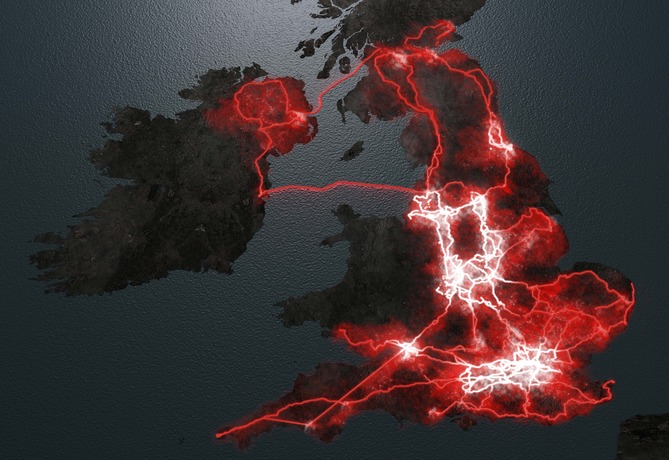

The Public Accounts Committee (PAC) says BT has overestimated the cost of providing superfast broadband to rural areas as part of the Broadband Delivery UK (BDUK) project to the tune of £92m.
BT has been the sole bidder for contracts worth up to £780m over two phases of BDUK (£530m in phase one and £250m in phase two), which aims to provide superfast broadband to 95 percent of the UK by 2017.
Local authorities have been invited to apply for funding from central government on the condition they at least match it, with BT providing the remainder of the cash in order to make the rollout commercially viable.
In its latest report, the NAO said 42 out of 44 BDUK projects are now offering projected coverage maps or postcode checkers, but there are variations in the quality of information provided. In each project, BT is responsible for any overspend, meaning it has allocated between five and eight percent worth of contingency fund.
MPs say BT has so far spent less than £142m than it estimated, although this is partly because it is likely to have tackled easier projects first and costs will rise as it tackles more complex fibre deployments. However, the NAO says that even taking this into account, the cost of phase one of the rollout is likely to be £92m less than quoted.
Lower project management costs have so far accounted for £33.7m of this and the NAO predicts total savings of £72m by 2018 thanks to synergies between different authorities.
However, the NAO did note that progress on phase one was going well and that the savings made would lead to better coverage as funds could be redirected into other areas. Competition concerns persist, but MPs believe phase three of BDUK, which will dish out £10m to connect the final five percent of the UK through alternative technologies, should ease such fears.
“Our initial cost estimates were based on our initial view of how much it would cost to deploy fibre in rural areas,” a BT spokesperson told TechWeekEurope. “We have come in under budget in several areas which is good news for the taxpayer as we only charge for the costs we incur, not those we first forecast. The savings can now be reinvested to take fibre to additional areas.
“The suggestion we inflated those costs is bizarre as by doing so we would have hindered our chances of winning the work.
“The NAO report this week confirmed our costs were 20 percent below those others would have charged in a sample area, so we are clearly delivering excellent value for money.”
The Openreach fibre network now reaches 22 million homes and businesses, all of which can choose from a range of suppliers such as Sky, TalkTalk and BT itself.
What do you know about BT? Find out with our quiz!
Binance BNB token rises after WSJ report the Trump family is in talks to secure…
After failed Amazon deal, iRobot warns there is “substantial doubt about the Company's ability to…
Community Notes testing across Facebook, Instagram and Threads to begin next week in US, using…
Complete 180. FTC attorney now says federal agency can pursuit Amazon trial, after citing “severe…
Former board member and respected chip industry veteran Lip-Bu Tan appointed to lead troubled US…
MPs demand secret High Court hearing be held in public, after government had ordered a…